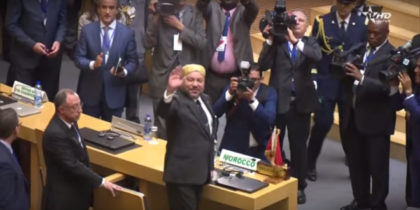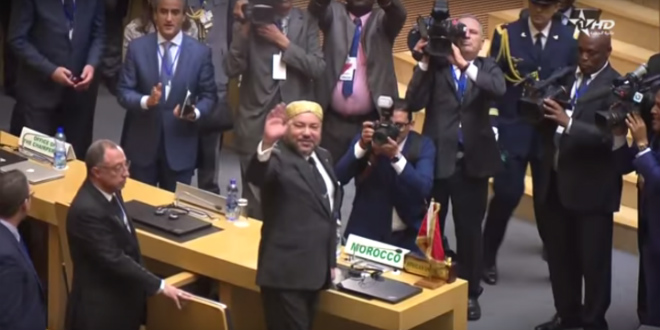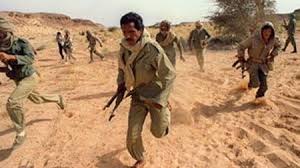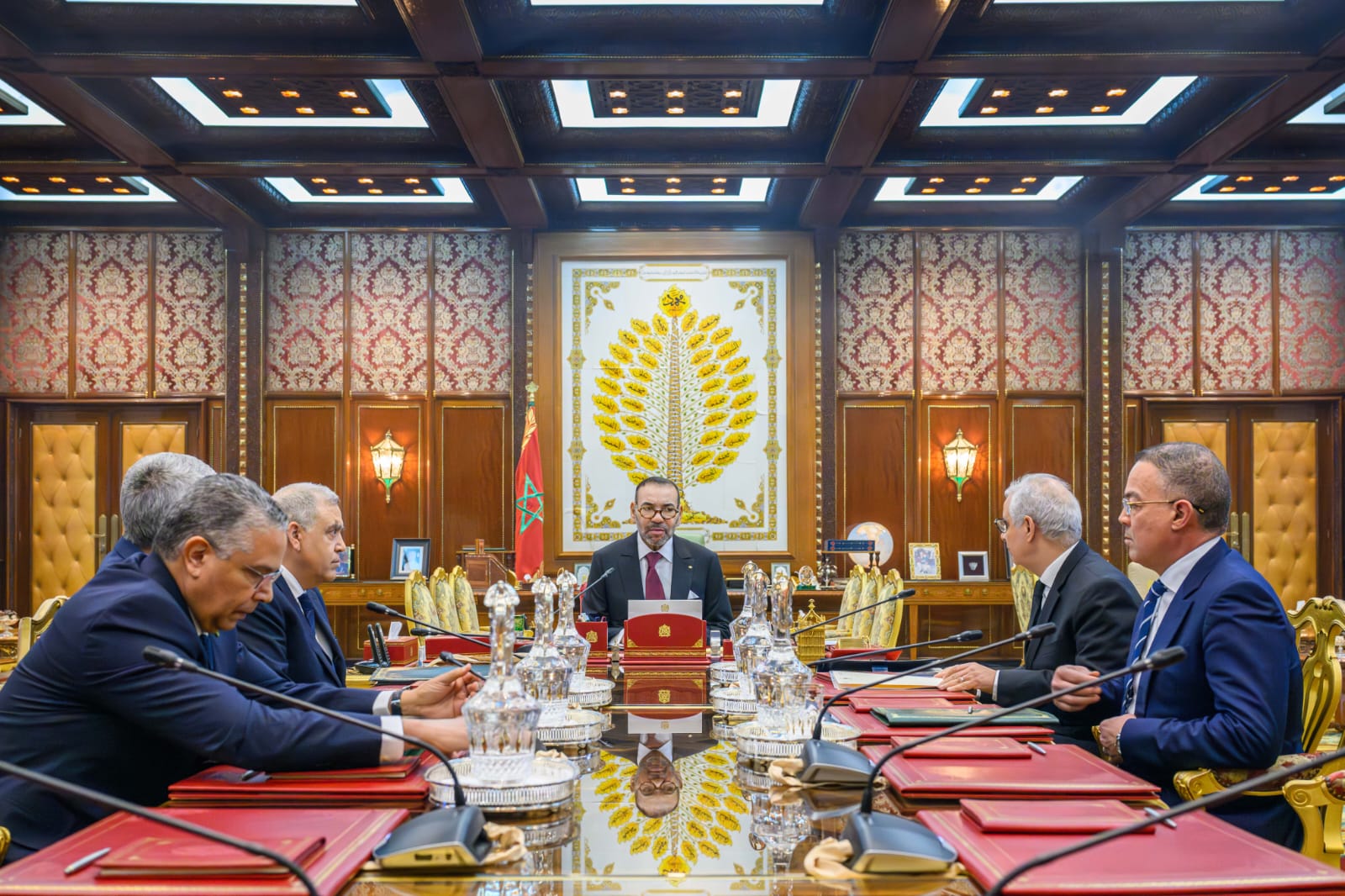 The latest African tour made by King Mohammed VI has yielded impressive results. This successful tour took the Moroccan Sovereign to South Sudan, Ghana, Zambia, Guinea and Côte d’Ivoire.
The latest African tour made by King Mohammed VI has yielded impressive results. This successful tour took the Moroccan Sovereign to South Sudan, Ghana, Zambia, Guinea and Côte d’Ivoire.
King Mohammed VI embarked on this tour immediately after the North African Kingdom rejoined the African Union, a move, which will give a new momentum to South-South cooperation, based on win-win partnerships.
During this tour, Morocco sealed at least 75 cooperation agreements with these African countries covering a variety of sectors.
In South Sudan, the royal visit was crowned by the signing of several bilateral cooperation agreements in agriculture, energy, mining, hydrocarbons, industry, investment, tax avoidance, vocational training and partnership between the business communities.
Morocco also agreed to help South Sudan build a new capital city. Morocco pledged to pay $5.1 million for the technical and financial feasibility studies of this large-scale project, to cost nearly $10 billion.
In Ghana, the King and President Nana Akufo-Addo chaired the signing ceremony of 25 governmental and public-private partnership agreements on investment, industrial cooperation, electricity, insurance, banking, agriculture, renewable energy, mining, tourism, business and environment protection.
Likewise, the royal visit to Zambia was marked by the signing of 19 political and economic partnership agreements covering air services, investment promotion and protection, finance and banking, insurance, education, tourism, agriculture, technology, industry, and mining and renewable energy.
In Guinea-Conakry, the Moroccan Sovereign and President Alpha Condé chaired over the signing ceremony of eight bilateral agreements in agriculture, sanitation, fertilizers, and technical assistance. The two leaders visited a vocational training complex funded by the Mohammed VI Foundation for Sustainable Development; and undertook a number of measures to strengthen religious ties between the two countries.
In addition to donating 10,000 copies of the Quran to the Secretary General of Religious Affairs in Guinea, the King launched the construction of the “Mohammed VI Mosque,” and met with imams who were part of the first class of Guinean imams to receive training at the Mohammed VI Institute in Rabat.
In Côte d’Ivoire, last leg of this tour, the Monarch co-chaired with President Alassane Ouattara the signing ceremony of 14 economic agreements covering pharmaceuticals, public transportation and road security, women-managed small businesses, and the creation of a “Technocenter” in Abidjan.
During the visit, the two African leaders visited the Cocody Bay rehabilitation project wherein they were informed on the progress made in the upgrading of this Bay, called Abidjan’s jewel, which has suffered severe environmental degradation in recent years.
It is the Moroccan public company Marchica Med which is project managing the site and supervising this landmark ecological undertaking to cost around $450 million.
The decision to rehabilitate Cocody Bay was made during the King’s visit to Abidjan in February 2014, and the works were launched the following year during another royal visit to the West African country.
Morocco is the second largest African investor in the continent. Its trade and economic cooperation with Africa are booming thanks to the numerous dynamic private Moroccan companies operating across the continent.



